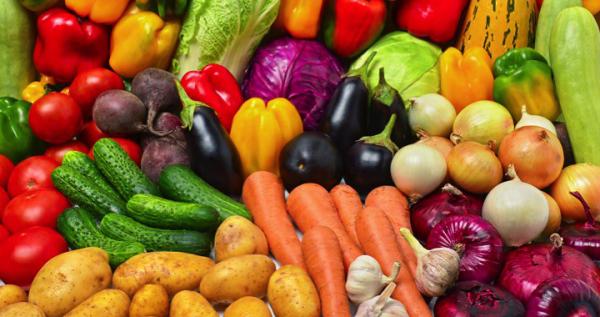"Consumers, however, also resist diet change due to reasons such as taste preferences and traditions, a lack of awareness about the link between climate change and food consumption or ideological beliefs about relations between humans and animals. Because of this resistance, the global consumption levels that provide environmental benefits may not be reached in practice.”
Ah, that so crucial distinction between thought and deed. If we are to shift to sustainable diets, to save the planet, the species, or ourselves, how do we “bend the curve” to achieve those goals? A paper in Nature Sustainability creates a model looking for what can change those thoughts to deeds.
Let us begin with the premise that severely restricting red meat in our diets, which currently represents about 1.5% of our calories [1] can aid in reducing greenhouse gas emissions. We could pursue a vegetarian diet or a flexitarian diet, where we eat one serving of red meat weekly and a half portion of a white meal the rest of the days. (Chickens and pigs continue to fare far worse in these diets than our cattle and sheep) The researchers developed a model merging the psychology of human behaviors, with dietary choices, and the subsequent impact upon the production of greenhouse gases attendant to those choices. And while all models are wrong, we often can learn from what are the most resilient components of the model.
- In their baseline model, they found that small changes in either a shift to a strictly plant-based or flexitarian diet were insufficient to create a significant change in greenhouse gas emissions.
- Cropland use would be unchanged, as the decrease in lands needed for grain to feed animals was balanced by the increase in land use to feed humans more plants.
- Nitrogen used, as fertilizer was more sensitive to reduction in meat consumption than in conversion to a plant-based diet
In summary, a sustainable plant-based diet requires a significant shift in the number of vegetarians; along with a similar massive change for the remainder of us to a more flexitarian diet. It also shows that alterations in diet create nonlinear changes in other factors involved in sustainable eating, increasing some, decreasing others.
Driving change
Let us first get rid of the low hanging fruit, so to speak. What doesn’t drive change – thought. Neither health concerns nor the perception of the risk of climate change moved the model in the direction of sustainability. No surprise there I suppose, that human quality is the source of the aphorism, "actions speak louder than words." So, it should be less than shocking to know that the primary driver was social norms.
Yes, “people’s beliefs and subsequent actions are shaped by the values endorsed by their peer group, not scientific facts.” And social norms as a driver was particularly crucial in the 15 to 44 age group for at least two reasons. First, the lower end of that age spectrum is particularly susceptible to peer pressure; and secondly, they are the people that are going to be around during the timeframe the model considers. Sad as it is for me to say, if all the seniors switched to a plant-based diet today, it would not have anywhere near the impact of a switch by the young crowd. It makes passing the vegetables more like passing the torch.
The second driver was “self-efficacy,” a new term for me, defined as a belief in our abilities, in this instance, to change. Makes sense, that peer pressure coupled with faith in your ability to alter your behavior results in a change. It makes even more sense when the researchers report this driver was especially true for females; after all, women drive the purchasing dollar and health decisions at the family level, where the vegetables hit the plate. The researchers also separated self-efficacy from self-identity, another case of words versus deeds. Self-efficacy is the source of actions; self-identity is often the words we use to describe ourselves, and there is some behavioral wiggle-room there.
Who knew that “actions speaking louder than words” contained so much wisdom?
[1] That figure is an estimate of the global average
Source: Modelling the drivers of a widespread shift to sustainable diets Nature Sustainability DOI: 10.1038/s41893-019-0331-1




